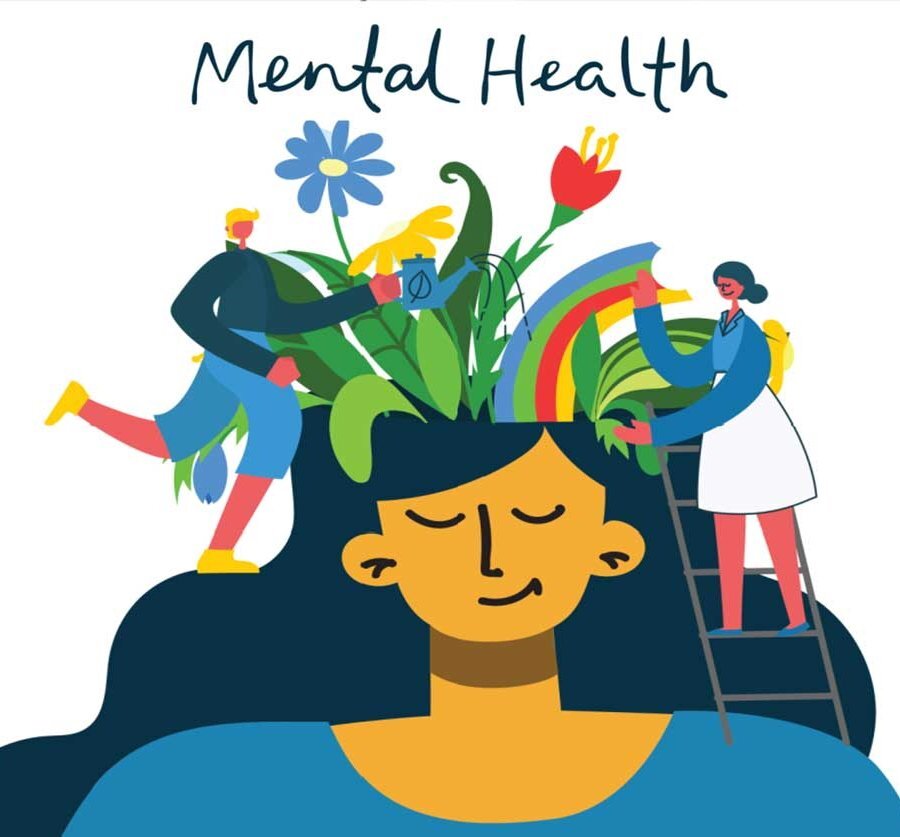
In the past 10 years, open-source software, SaaS, and subscription business models have arisen from David to Goliath status in the workplace. Companies can create flexible, customizable IT ecosystems at a fraction of the initial investment of time and money previously required. This has enabled comprehensive views into productivity and customer analytics. It has brought the easy UX people now expect in consumer products to the work environment.
However, these fast, easy, and cheap solutions have also transformed the experience of work, not always for the better. First, they create a fragmented, even siloed work experience, with gaps that require extensive manual effort to close. Second, and conversely, they engender much duplicate work in overlapping systems, often work that goes unseen, as employees simply put in the time and effort to do it. With both gap-filling and duplicative work, employees are solving the same problems over and over in Sisyphean loops. It may even feel productive but is simply sapping scarce mental resources from their true tasks.
Finally, these solutions are driving an unquestioned push towards automation, which results in dramatic wins for some and losses for many, by both dumbing down and eliminating roles. This may seem like a great way to save money, but it can also demoralize workforces and significantly undermine customer experience.

Marymoore will explore these issues using two workplace software experiences from diverse industries where she has observed striking parallels: mental healthcare navigators for an online employee service and construction information managers controlling massive projects from design to build.
SaaS is here to stay, and there is no easy answer to these challenges. However, Marymoore will recommend a couple of approaches that can help companies, employees, and customers flourish rather than flounder in the sea of APIs.
Images are licensed under Creative Commons License.

